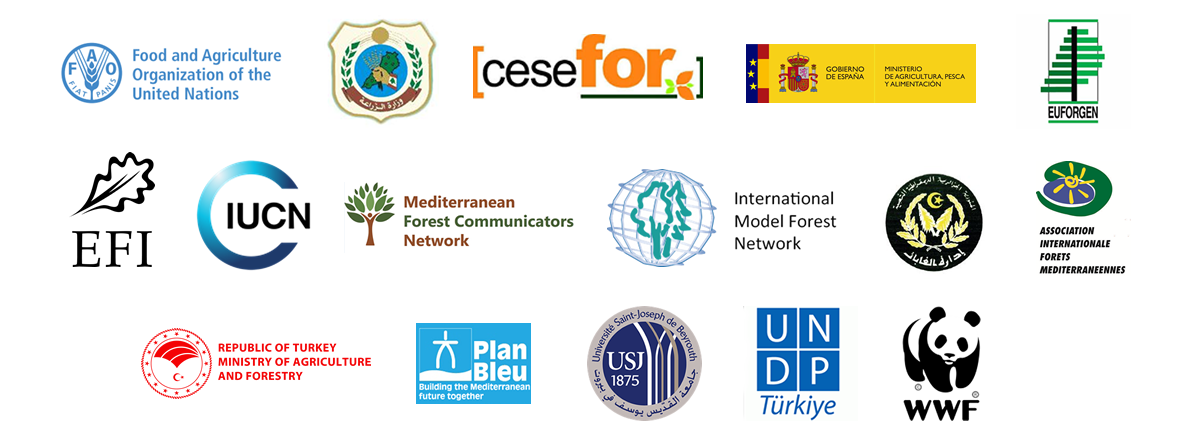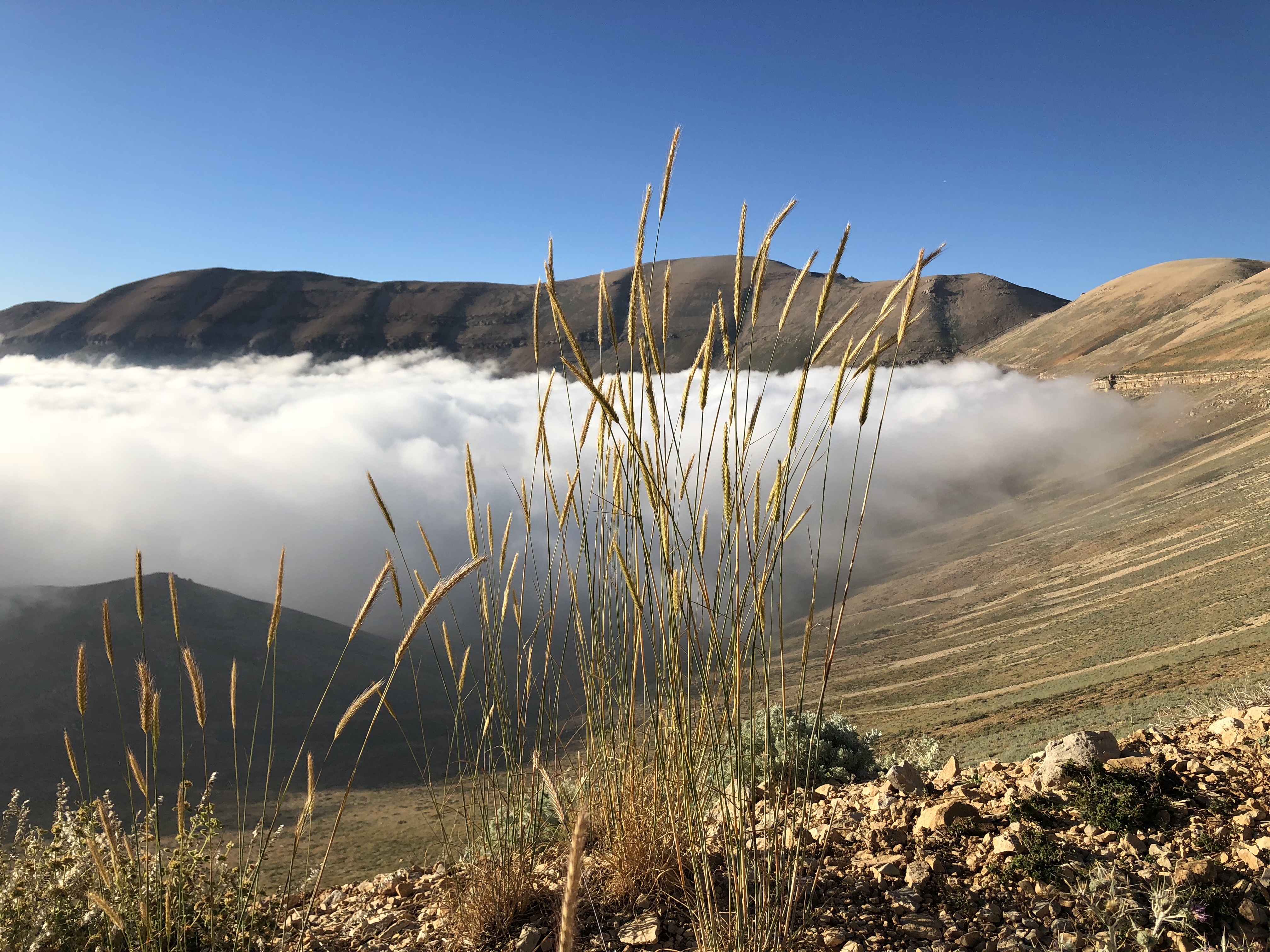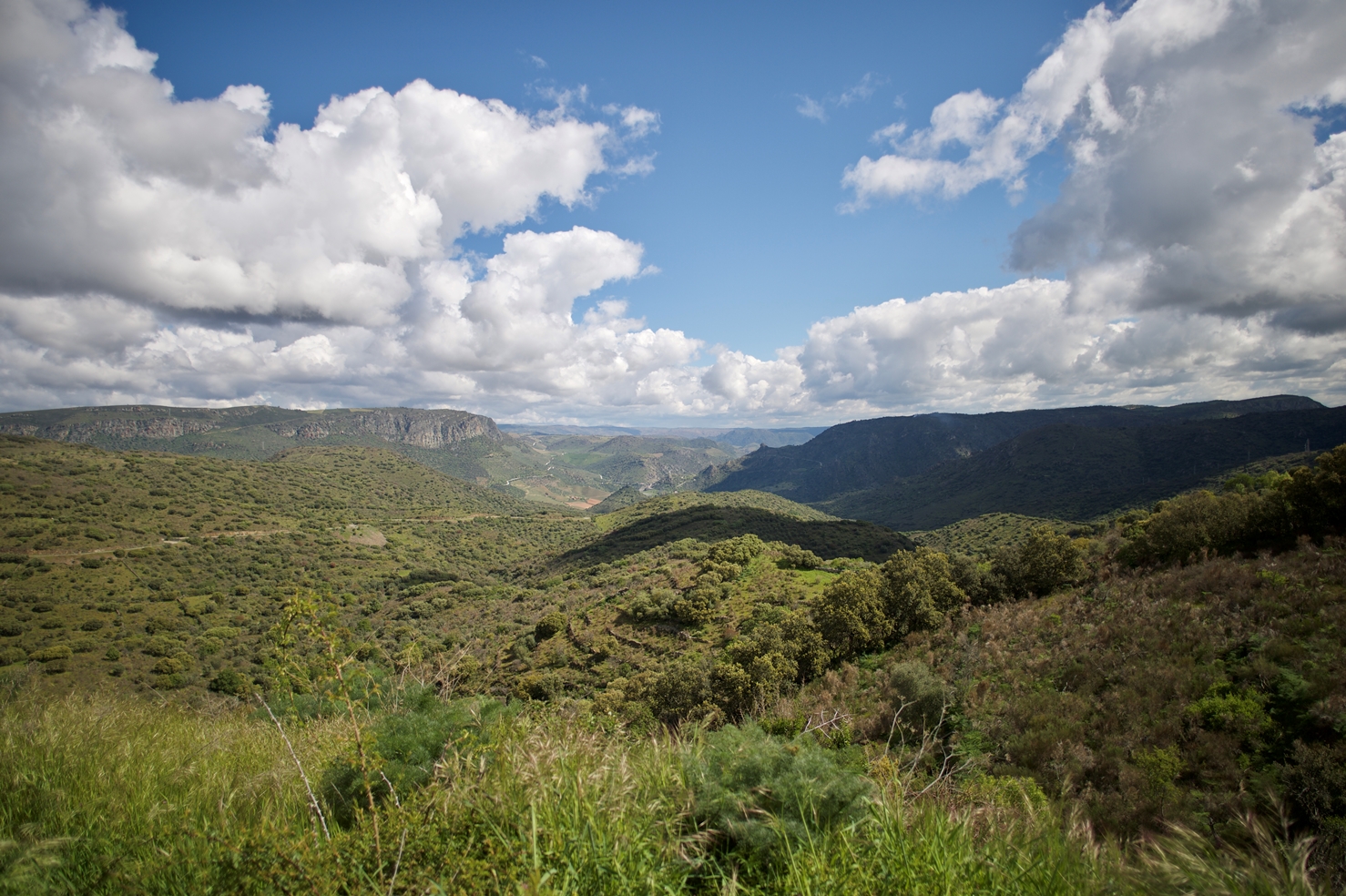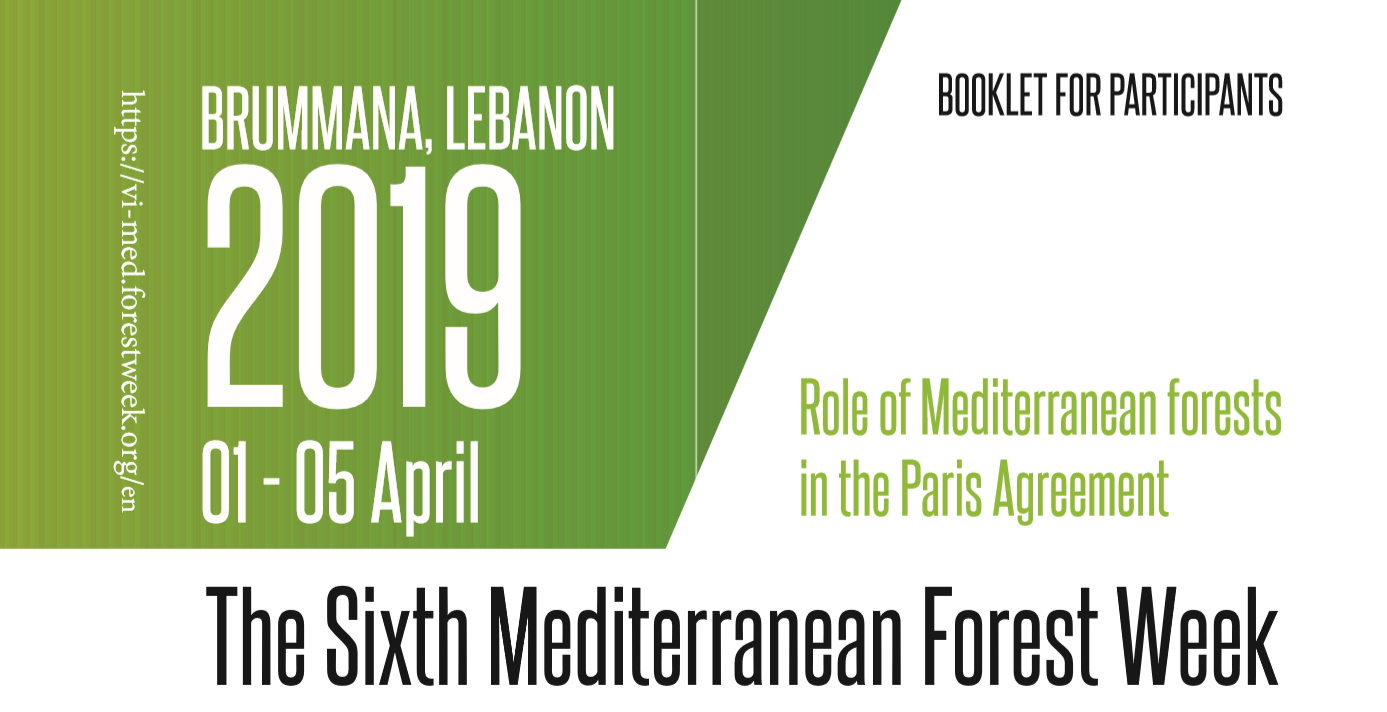Opening ceremony
Framework Convention on Climate Change (UNFCC), created a strong message that forests are key to addressing the climate change question. Being a hotspot of climate change, the Mediterranean region has paid particular attention to the role that its forests play on climate change. The Nationally Determined Contributions (NDCs) of the Mediterranean countries have already assigned ambitious goals to the forestry sector. Reaching these goals will require designing forest-based solutions to adapt and to mitigate climate change as well as establishing the conditions for maximizing these solutions.
Beyond NDCs, Mediterranean countries have developed forest strategies, programs, and action plans in addition to the biodiversity and combating desertification action plans in order to address the challenges faced by forests in the Mediterranean region. Forests are at the crossroad of the three Rio Conventions; any progress in the climate change question in the Mediterranean region will benefit from addressing desertification and biodiversity questions and vice versa.
Mediterranean forests have certain tools to implement forest-based solutions to climate change, tools that provide a diversity of goods and services. There are also challenges which must be addressed. Identifying options that simultaneously address forest degradation, biodiversity conservation, adaptation of people using forests, and adaptation of forests to climate change are necessary to implement NDCs, ensuring that Mediterranean forests play their role in addressing climate change.
The objectives of the opening ceremony included welcoming participants as well as setting the framework for the Sixth Mediterranean Forest Week (MFW). This session also informed participants of the global and regional commitments regarding climate change with an overview of the latest outcomes of the three Rio Conventions.

About 6th MFW
Silva Mediterranea
Forestry Policy and Resources Division (FOA)
Food and Agriculture Organization of the United Nations



